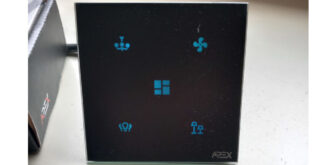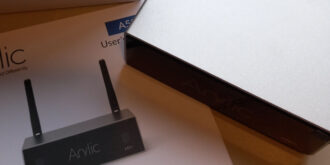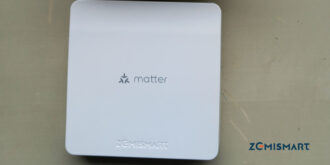Do smart home devices slow down Wi-Fi?

Thanks to the rise of Google Home and Amazon Alexa, automating your home has never been easier. That said, both systems use Wi-Fi to send and receive commands. So you might wonder do smart home devices slow down Wi-Fi?
The reality is that any device which is connected to the internet consumes bandwidth. The more devices on a network, the slower it runs. So, yes, having loads of smart devices running at once will slow down your Wi-Fi.
However, that’s not the entire picture. Each smart device uses a different amount of bandwidth, some use a lot, while others use barely any. But it also depends on the amount of bandwidth and speed that your Wi-Fi plan provides.
Answering do smart home devices slow down Wi-Fi isn’t as straightforward as it might seem. Let’s explore the topic.
How to determine your Wi-Fi speed
If you feel the need, the need for speed! You might blindly trust your broadband provider. However, they at best will show you an estimate of what you could receive or at worst, guarantee a minimum speed. Since you can’t completely trust these figures, how can measure actual speed?
Thankfully, there are plenty of online speed tests, including FAST.com, thinkbroadband, and Which?. It’s worth checking your Wi-Fi speed from time to time and asking your provider for a speed upgrade.
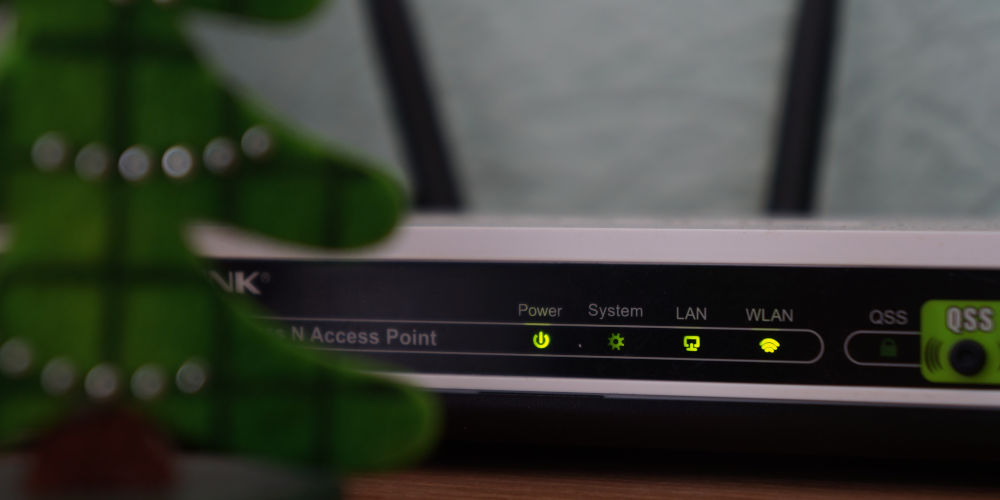
Can you have too many smart devices on your Wi-Fi network?
Imagine using your Wi-Fi router to run your home security system, basic home automation set up and stream 4K content to your TV, then you might be pushing the limit of your bandwidth. You’ll have too many smart devices connected to Wi-Fi, so you’ll notice it runs at a slower pace.
Your router should be comfortable running up to 200 devices on its network as they’re not all demanding resources at once. The demand on your bandwidth has little to do with the number of devices connected to it. What’s important is how large/small the requirement of each device.
For example, running 10 devices at once that only require a little bandwidth should have little impact on your Wi-Fi speed. Compare this with, 3 devices high data demands and you’ll notice a drop in speed when using them together.
Getting the best Wi-Fi speed for your smart devices
After asking your provider for a speed increase, ensure you’re using an up to date router. If you haven’t changed yours in a few years, either ask your provider for a new one or buy one.
Another way to boost your Wi-Fi speed is to place the router in a central location close to where people need a strong signal. For example, if your router is hidden in a cupboard miles from your lounge, then consider moving into the hallway.
Finally, if you have thick walls or spots with poor internet, then invest in a Wi-Fi booster. Adding one of these inexpensive devices should improve the situation.
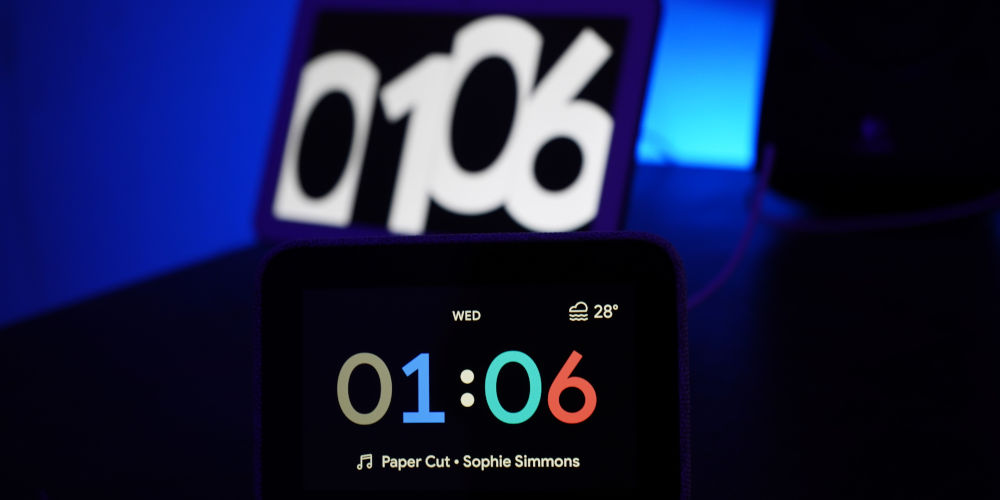
What smart devices use the most bandwidth?
As not all smart devices use the same bandwidth, it’s worth first considering those that require a lot. These include devices that send video over your Wi-Fi network.
Cameras
Many security cameras connect to your home’s Wi-Fi and send video to both cloud storage and a smartphone app over the network. Transmitting video over your Wi-Fi network can significantly decrease your Wi-Fi speed, especially if you’re recording in 4K.
Smart Doorbells
Installing a smart doorbell is another way to improve your home security as it allows you to react when someone rings the bell, regardless of your location. However, as the doorbell send large packets of data to your phone or tablet when pushed, it can slow down your Wi-Fi.
Smart devices that use less bandwidth
Some smart devices consume less bandwidth. Using them alone won’t have a significant impact on your Wi-Fi speed. Even using two of these devices together shouldn’t impact your Wi-Fi speed that much or at all.
Smart light switches
As these devices perform a binary function (on/off), they don’t need a lot of bandwidth to work. Once the action is complete, they demand little or no bandwidth. Smart dimmers require a little more bandwidth but again, not a dramatic amount.
Of course, if you’re using 20 plus smart lights switches and dimmers at once, then you’ll notice that your Wi-Fi speed slows down.
Smart plugs
Using a few smart plugs at once won’t have an impact on your Wi-Fi speed. Again, these are binary devices that don’t use much bandwidth and so you’ll home’s Wi-Fi network is more than capable of handling them without breaking a sweat.
Relays
Controlling your blinds or curtains using a relay uses more electricity than Wi-Fi bandwidth. It only requires a short burst of both to operate, meaning it should have little impact on your overall Wi-Fi speed.
Smart speaker
Your Amazon Echo Dot, Google Nest Mini or other smart speaker uses cloud computing to do most of the heavy lifting. They don’t demand much bandwidth to work but do need a stable connection.
Of course, if you’re using an Echo Show or Nest Hub, which both have screens to stream 4K content while automating your lights, they will demand a lot of resources and could slow your Wi-Fi down.
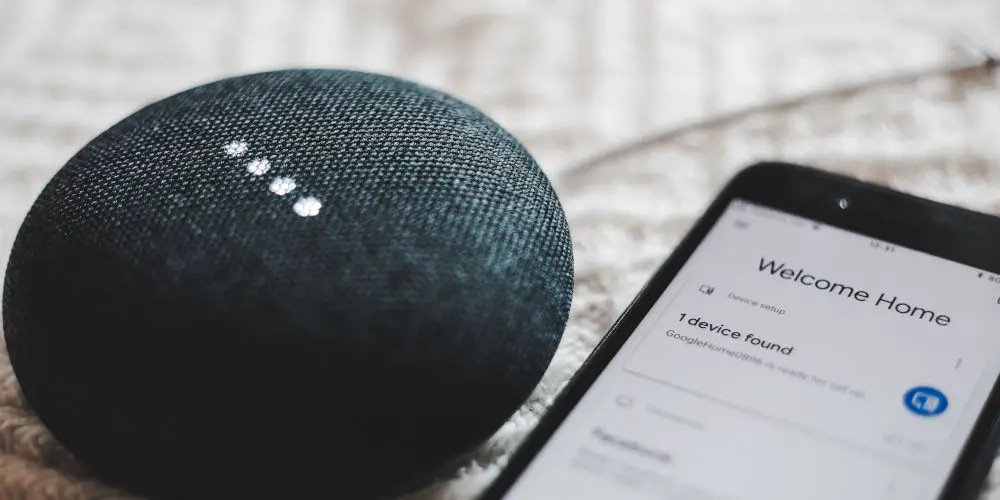
Should I use Lightwave, Z-Wave or Zigbee instead?
Any smart home system that uses Wi-Fi as its main protocol will suffer the more devices you add. So, as you add smart devices, you’ll want to upgrade to either a Lightwave, Zigbee or Z-Wave home automation system.
All use unique protocols that ensure speed and connectivity yet use Wi-Fi for control. With this combination, you can build a solid home automation system that doesn’t use a ton of your internet bandwidth.
Do smart home devices slow down Wi-Fi and can I solve this issue?
If you’re using several smart devices that require a lot of bandwidth or running 30 devices that need a little, but at once, then you’ll notice a decrease in your home’s Wi-Fi speed.
It will be worth upgrading to a dedicated home automation protocol such as Z-Wave or Zigbee as this will handle your demands with ease.
However, if you’re only running a few smart devices then you shouldn’t notice any big drop in speed or stability.
So, do smart home devices slow down Wi-Fi? Yes but only minimally. Unless you’re running 10 plus devices at once, you should only see a small decrease in your speed.
And if you’re slightly confused by the difference between home automation and smart devices, our guide will help you get clarity on the topic.


